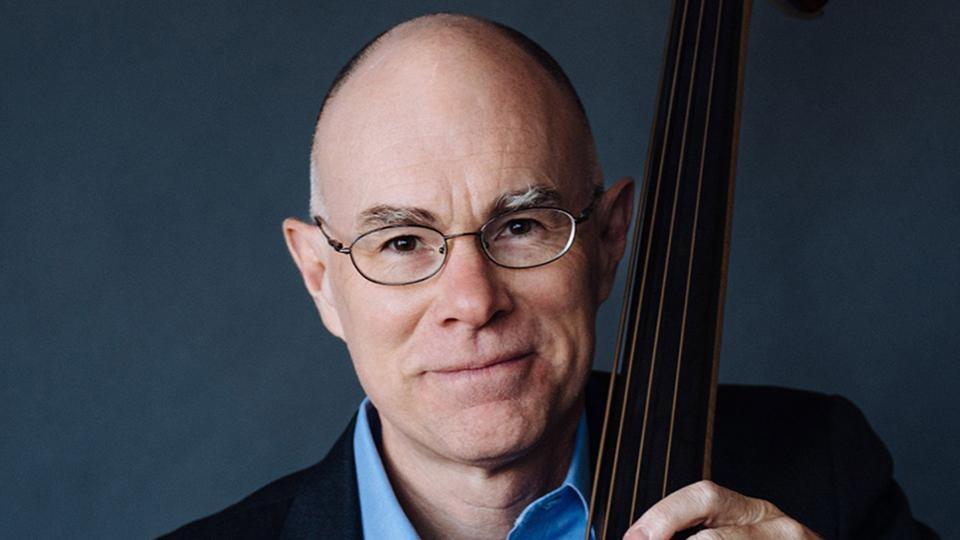
ART VIEWS
I write this column a few days before it will go live at pbsreno.org. From June 10-13, I will attend the League of American Orchestras’ annual conference in Salt Lake City, along with a good contingent of colleagues from the Reno Chamber Orchestra (RCO) and Reno Phil.
Conference always provides me a crucial recharge as I learn from leaders in the field, hear wonderful performances, and connect with friends old and new. One of the sessions I’ll be participating in this year is a panel discussion called “Side-Hustles and Portfolio Careers.” This session for musicians focuses on the ways that many if not most of us who play in orchestras supplement our lives and livelihoods with other work. Since it’s on my mind, and because it might not be something that Art Views readers have considered, I thought I’d share a few thoughts about this reality.
Of the nearly 2,200 orchestras in the U.S., only a handful of them pay musicians a full-time, livable wage that sufficiently covers all of a person or family’s expenses. According to League data from 2022, 77% of orchestras in our country have annual operating budgets of less than $300,000. Most of these orchestras do not pay their musicians much, if anything at all. And even if a musician is fortunate enough to have one of the six-figure salaries that can come in a major symphony orchestra, they very likely don’t only play in their orchestra. For lots of these folks, their extra activity is musical or music adjacent. They might teach private lessons or play in festival orchestras and ensembles when their full-time gig allows.
Reno’s orchestras are similar to many regional, professional orchestras. Musicians that play in the Phil and the RCO are not salaried but are paid by the service (rehearsal or performance). Both orchestras have a negotiated collective bargaining agreement that spells out pay rates and work conditions. For those of us who play in one or both of these ensembles, the money we make in these orchestras is a meaningful part of our income; but I am not aware of any of my colleagues who can live exclusively on our Reno orchestra wages. We don’t resent this. It’s just a reality. We also don’t play concerts every week of the year, and our rehearsals are at night and on the weekends, so taking other work or having a “day job” is feasible.
How musicians cobble together their livelihood is interesting. As I mentioned, many of the folks in our orchestras do make their living exclusively in the music realm. For some, that’s teaching music in the public schools or university. For others it’s teaching private lessons, playing for weddings and other assorted gigs. And for some it is being a member of several regional orchestras (known in these parts as the “Freeway Philharmonic”). These musicians might be playing with the Sacramento Philharmonic one week, the Reno Phil the next, and Santa Rosa Symphony after that.
Other members of the orchestra have day jobs that are completely unrelated to music. Until he retired a few years ago, longtime Reno principal cellist Peter Lenz was a senior research scientist at EP Minerals. To be a world-renowned expert on diatomaceous earth, have your name on several patents, and play the cello at the highest level might not be typical, but in a uniquely Nevada way, it allowed Peter a path to do two things he loved and excelled at.
Some entrepreneurial musicians launch companies. Mercedes Smith, principal flute of the Utah Symphony | Utah Opera and a fellow panelist this week, completed her MBA and launched her own fashion line of concert clothing called Blackstrad Concert Attire. New York Phil bassist Isaac Trapkus couldn’t find the perfect rosin for his bow, so he invented his own recipe and started Bassment Rosin. It’s the rosin I use, and it is fantastic. Finally, for years Vic Firth served as timpanist in the Boston Symphony. The eponymous drumstick company he started makes perhaps the most famous and best drumsticks in the world. Every drummer — rock, jazz, classical, or otherwise — knows about Vic Firth.
Sometimes musicians and other underpaid artists just need more dough to make ends meet. They wait tables, bartend, or drive Uber (which works surprisingly well for Freeway Philharmonic musicians who can pick up some rides in whichever city they find themselves playing in that week).
But there is a non-financial aspect to the multi-pronged, multi-genre careers of many musicians, and that is to allow them to be more of their complete self. My entire life I have been a generalist. I didn’t go to conservatory and study only music. I went to a liberal arts school, Pacific Lutheran University, where I did get a music degree, but also minored in English literature. I had already been playing in the Reno Chamber Orchestra for a few years when the opportunity to become its executive director presented itself. I found that I could contribute both by playing the bass, and by guiding the various components of the entire organization. It suited me and for 14 years I had a great run in this role as labor and management.
In our ever-changing world, musicians – and everyone really – have to find a way to pay the bills while also being fulfilled and serving our world. If we are fortunate, we get to live the Japanese concept of Ikigai: “a reason for being.” This principle combines the following:
I look forward to discussing these things at the League conference this week and know that I will be instructed and inspired by my amazing orchestra colleagues who are making the world better through all that they do.
Scott Faulkner’s portfolio career includes performing as principal bassist of the Reno Phil and Reno Chamber orchestra; serving the League of American Orchestras as the director of its Alumni Network and faculty director of its Essentials of Orchestra Management Program; consulting with orchestras; and mentoring rising stars around the world.

ART VIEWS
A Milestone and Some Thoughts on Mission Statements by Scott Faulkner — May 2, 2025
Reno Chamber Orchestra & Reno Phil Blooming with Spring Concerts by Scott Faulkner — March 28, 2025
The Architecture of Music by Scott Faulkner — February 14, 2025
Mr. Terris: A Remembrance by Scott Faulkner — January 3, 2025
‘Tis the Season by Scott Faulkner — November 22, 2024
League of American Orchestras by Scott Faulkner — September 6, 2024
Time in Music by Scott Faulkner — August 2, 2024
Ruth Lenz by Scott Faulkner — May 24, 2024
Exploring Mahler’s Symphony No. 5 by Scott Faulkner — April 19, 2024
The Meaningful Connection Provided by Music by Scott Faulkner — March 15, 2024
Meet Reno Phil President and CEO Aaron Doty by Scott Faulkner — February 9, 2024
Looking Ahead at 2024 by Scott Faulkner — January 5, 2024
NCMF 20th by Scott Faulkner — November 24, 2023
Reno Phil Concert Preview by Scott Faulkner — October 13, 2023
Reno Phil CEO Search by Scott Faulkner — July 28, 2023
Reno Phil Concerts This Summer by Scott Faulkner — June 23, 2023
Songs about Spring by Scott Faulkner — March 10, 2023
Bowing by Scott Faulkner — February 3, 2023
Nevada Chamber Music Festival's Holiday Gift by Scott Faulkner — December 23, 2022
Thankful for Christmas Music by Scott Faulkner — November 25, 2022
Incredible Alumni from Essentials of Orchestra Management Seminar by Scott Faulkner — October 21, 2022
Falling for Orchestra: A Season of Events by Scott Faulkner — September 23, 2022
Thoughts on Leadership by Scott Faulkner — August 26, 2022
Greetings from New York City! by Scott Faulkner — July 29, 2022
H. Elizabeth Lenz by Scott Faulkner — July 1, 2022
A Thousand Blended Notes by Scott Faulkner — June 3, 2022
Music Not to be Missed in May by Scott Faulkner — May 6, 2022
Classical Music Galore by Scott Faulkner — April 8, 2022
Chord Changes by Scott Faulkner — April 1, 2022

ART VIEWS
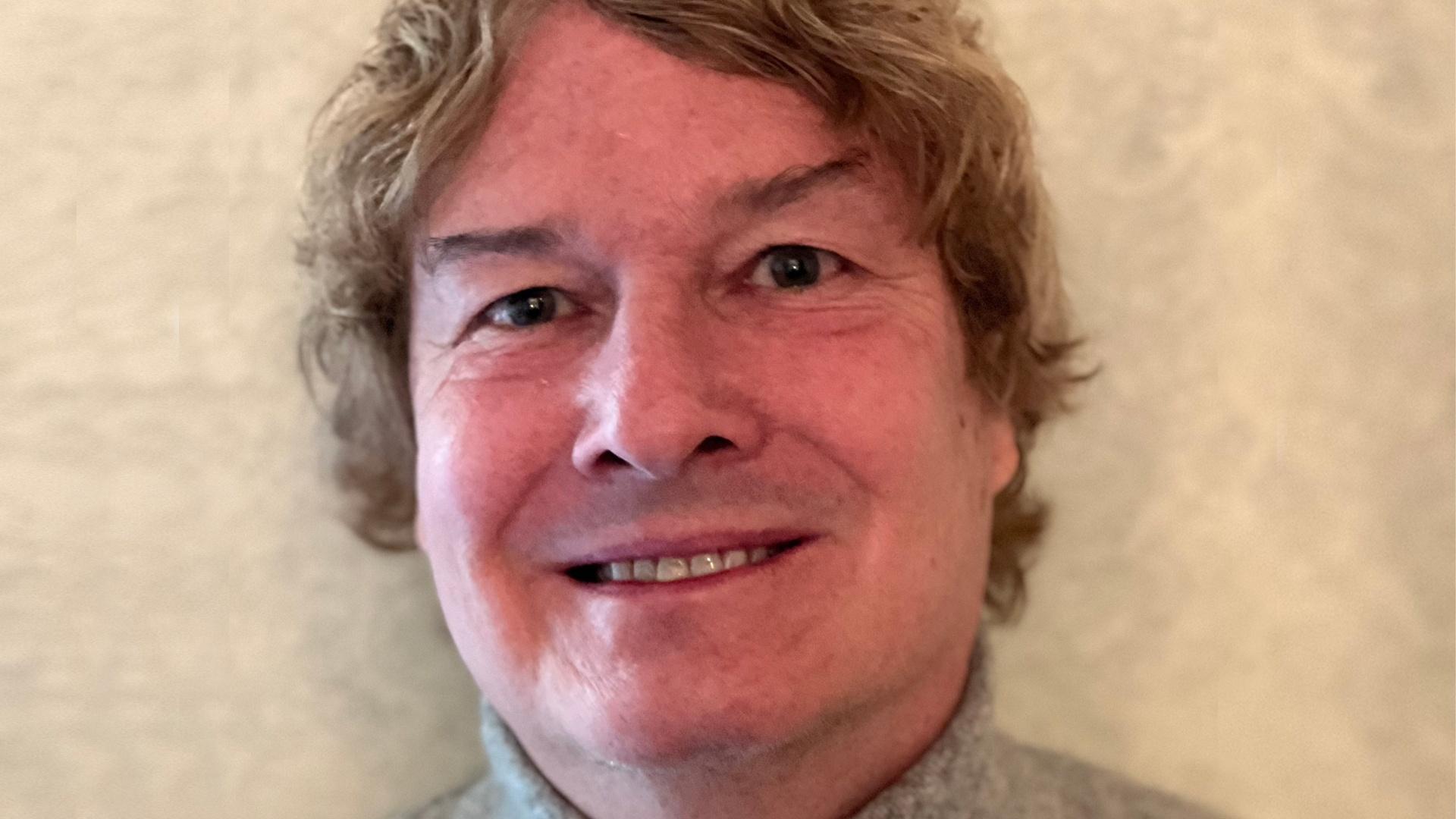
ART VIEWS
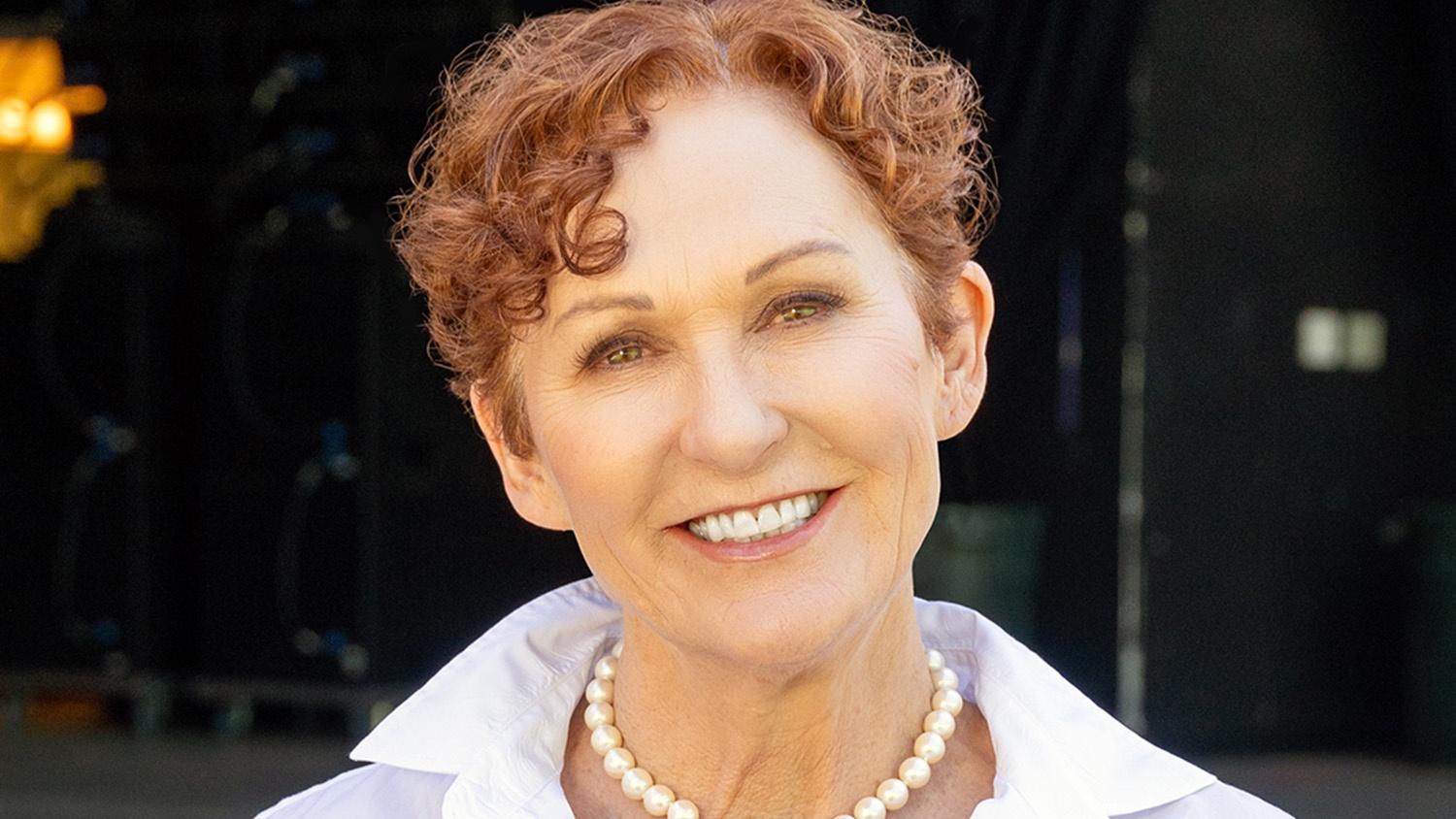
ART VIEWS
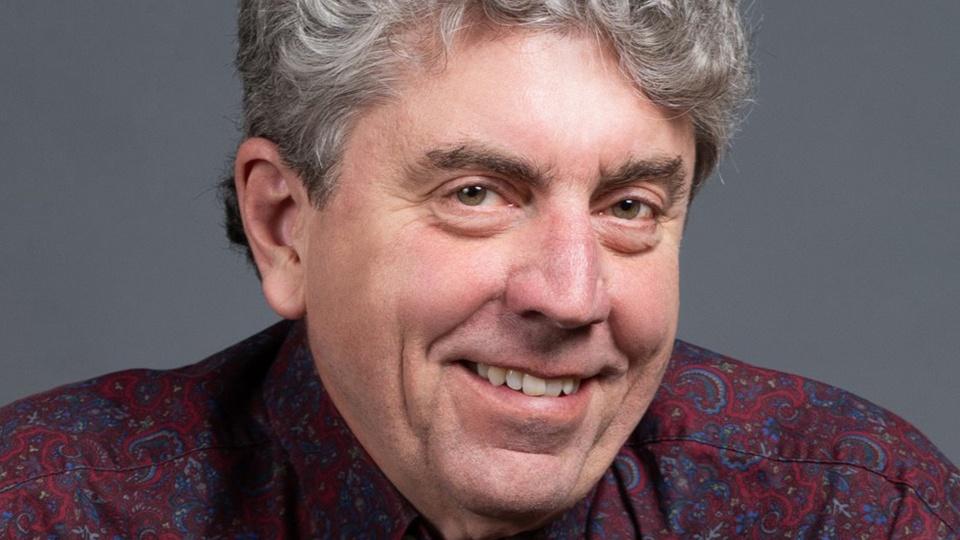
ART VIEWS
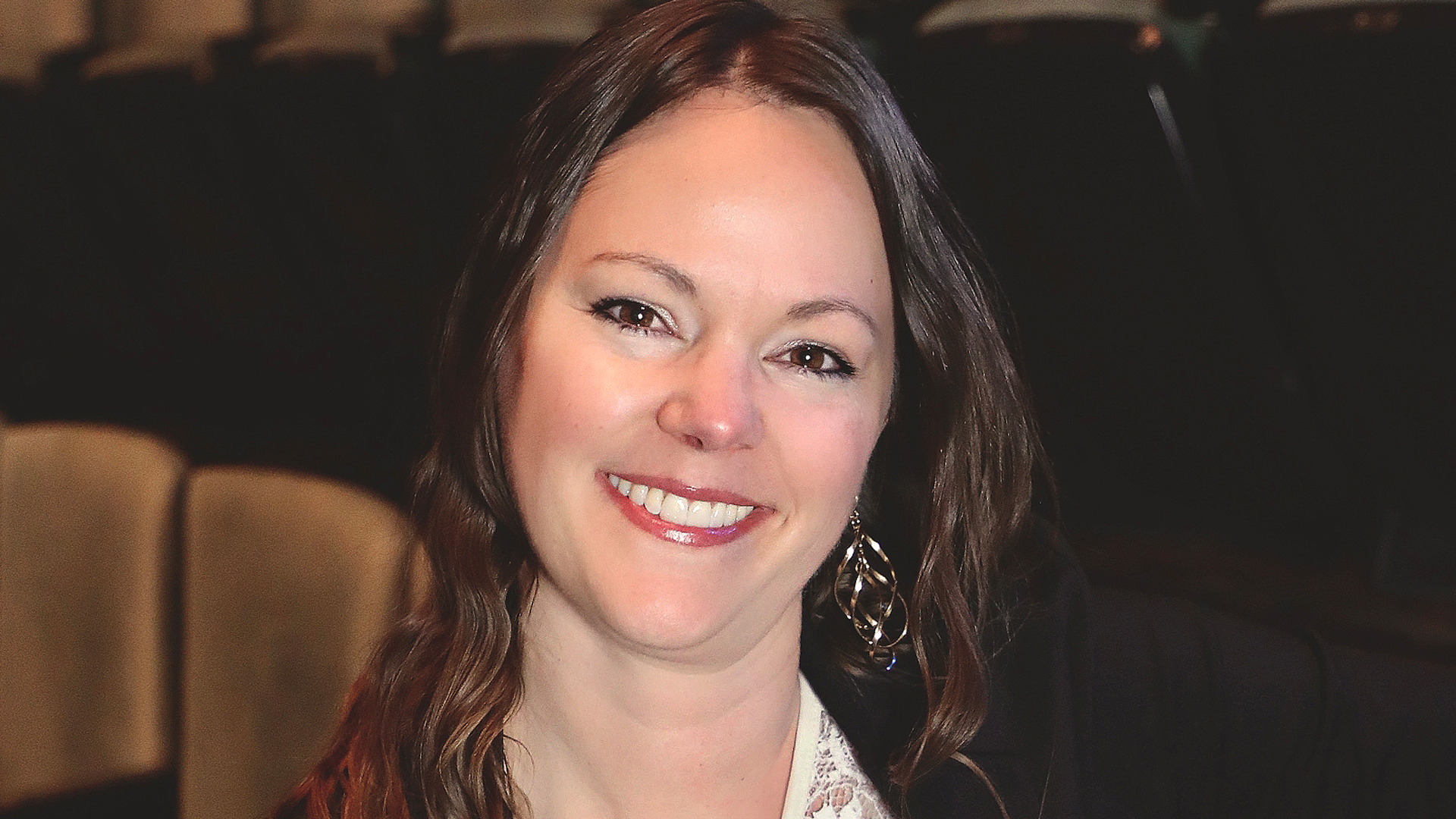
ART VIEWS